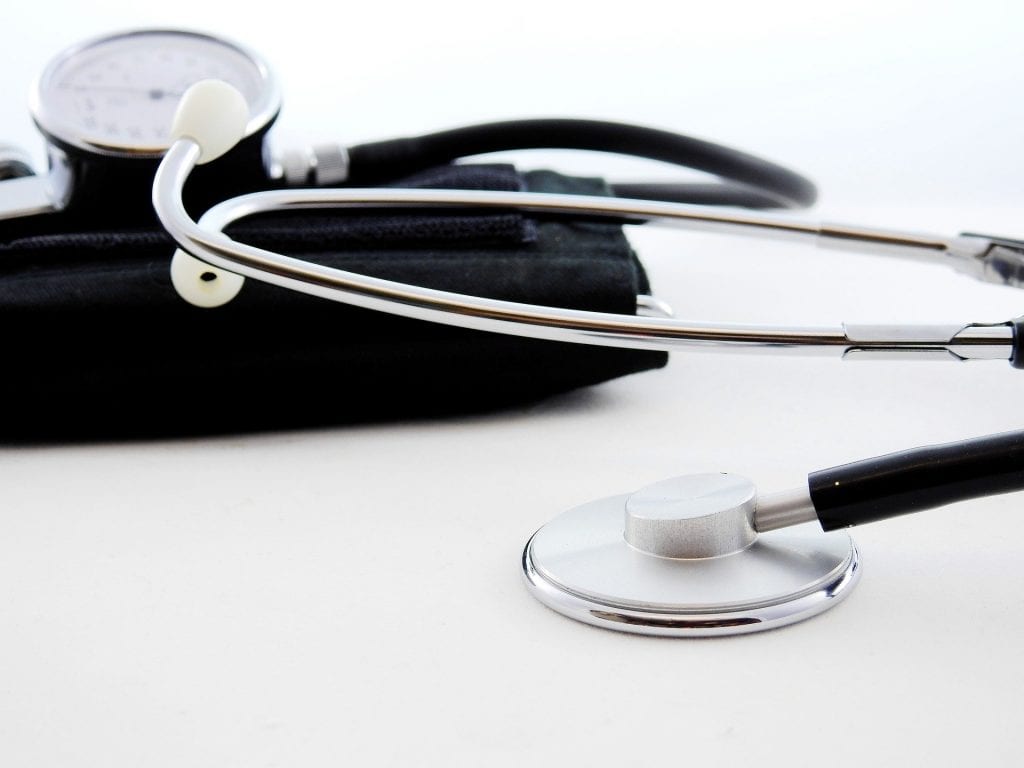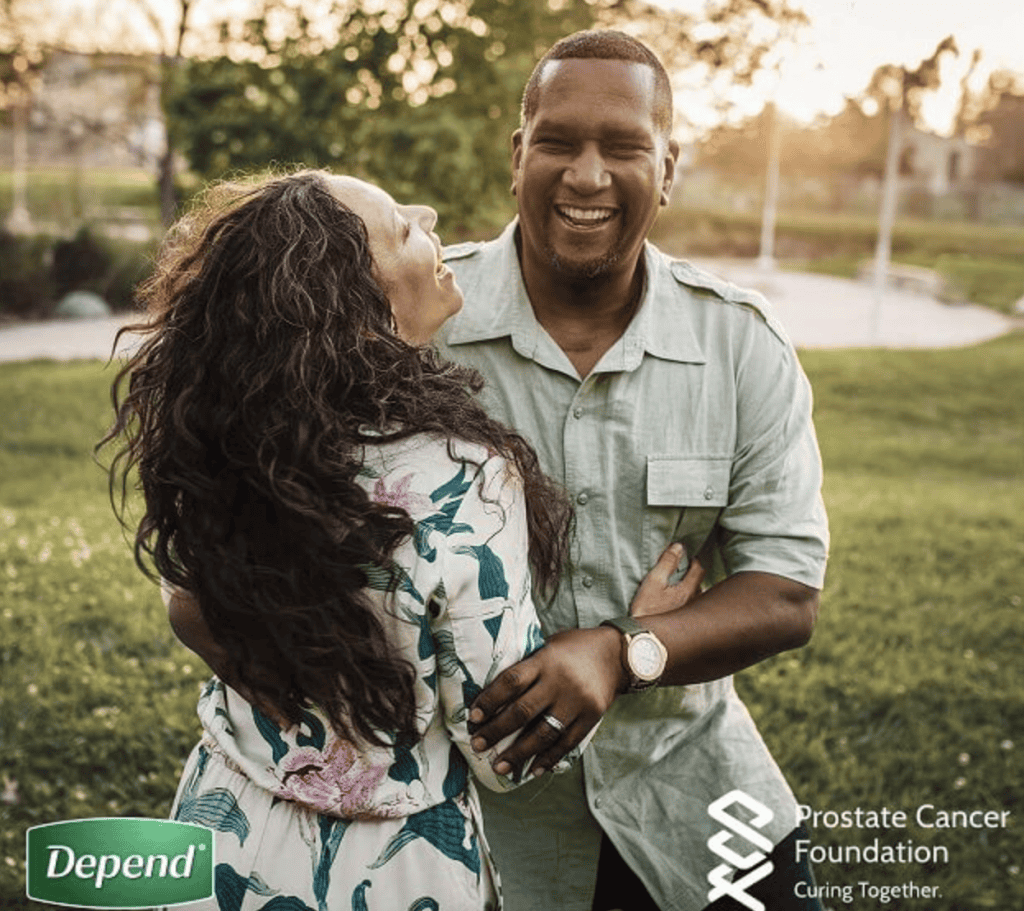This post is sponsored by Depend. As always, all opinions are my own.
It’s almost the end of the year and while 2020 has been tough, there’s something I bet you’re not doing. Besides taking care of others, are you taking charge of your own health? Have you had routine doctor checkups in the last 6 months? Have you been putting off appointments because of Covid? Please, make sure you do, because issues may come up and you may not catch things in time. My own mother had a serious medical issue in June and another close relative is going through something big right now. Last month, I shared about how to help someone that is struggling right now and this is why I wrote this – someone in my life is struggling. If that beloved relative had not gone for their checkup, they would be even worse off now (it was that serious). I am proud to team up with Depend to work with them on their Stand Strong for Men’s Health program. Did you know that there is a link between incontinence and prostate cancer? Incontinence is actually one of the leading side effects for prostate cancer survivors.
We spoke to Dr. Jennifer Caudle, Depend partner and board-certified family physician about prostate cancer.

What are the signs of Prostate Cancer?
“According to the American Cancer Society, 1 in 9 men will be diagnosed with prostate cancer; as a result, many of these men may develop incontinence. This is why Depend is committed to improving men’s health and conquering one of the most common cancers through the Stand Strong for Men’s Health program in partnership with the Prostate Cancer Foundation. It is very important to recognize the signs of prostate cancer and talk to your doctor if you are having any of the symptoms such as a weak flow of urine or frequent urination. Some will have the sudden urge to urinate or trouble starting to urinate. Others are unable to completely empty their bladder or have pain with urination. It’s important to remember, however, that some of these symptoms can be caused by other conditions and some men may have no symptoms at all.”
When should someone call their doctor?
“According to a recent study by Cleveland Clinic, 72 percent of men would rather do household chores than go to the doctor! But It’s important to have those honest conversations and call your doctor whenever you have symptoms that are unusual, troubling or unexplained. It’s also important to make sure to get regular check-ups to support early detection and learn what your normal is. Together, we can help create awareness about prostate cancer, destigmatize male incontinence and culturally change the way men approach their health.”
What is the typical age men should be concerned about Prostate Cancer?
“When a man should be screened for prostate cancer depends on a number of factors such as his age, family and personal history, his underlying conditions, race and other factors etc. The decision to undergo screening for prostate cancer should be a decision the patient and his doctor make together based on the current guidelines, available data and his risk factors.”

What does treatment for Prostate Cancer look like?
“The treatment for prostate cancer greatly depends on the stage of the cancer and other factors. Treatment could include surgery, radiation, hormone therapy, chemotherapy, immunotherapy and other modalities.”
What are the risk factors of Prostate Cancer?
“Some prostate cancer risk factors include the following:
- Age. Prostate cancer incidence increases over the age of 50
- Race. Prostate cancer develops more often in African American men and in Caribbean men of African ancestry than other men
- Family History
- Genetics”

For every purchase of Depend® Guards and Shields made in November. Depend will donate ($1) to the Prostate Cancer Foundation†. This helps to fund the world’s most promising research to improve the prevention, detection, and treatment of prostate cancer.
Please make sure you are getting regular checkups. Early detection could really save your life.
Take charge of your own health – waiting will not help. Learn more about Depend’s Stand Strong for Men’s Health program here: https://www.depend.com/en-us/stand-strong
LEGAL: †Between 11/1/20 – 11/30/20 Depend shall donate to Prostate Cancer Foundation $1.00 for each Depend Shields or Guards purchased in the United States. Minimum Donation $150,000/Maximum Donation $200,000. Void in MS. For more information, PCF.org




Leave a Reply